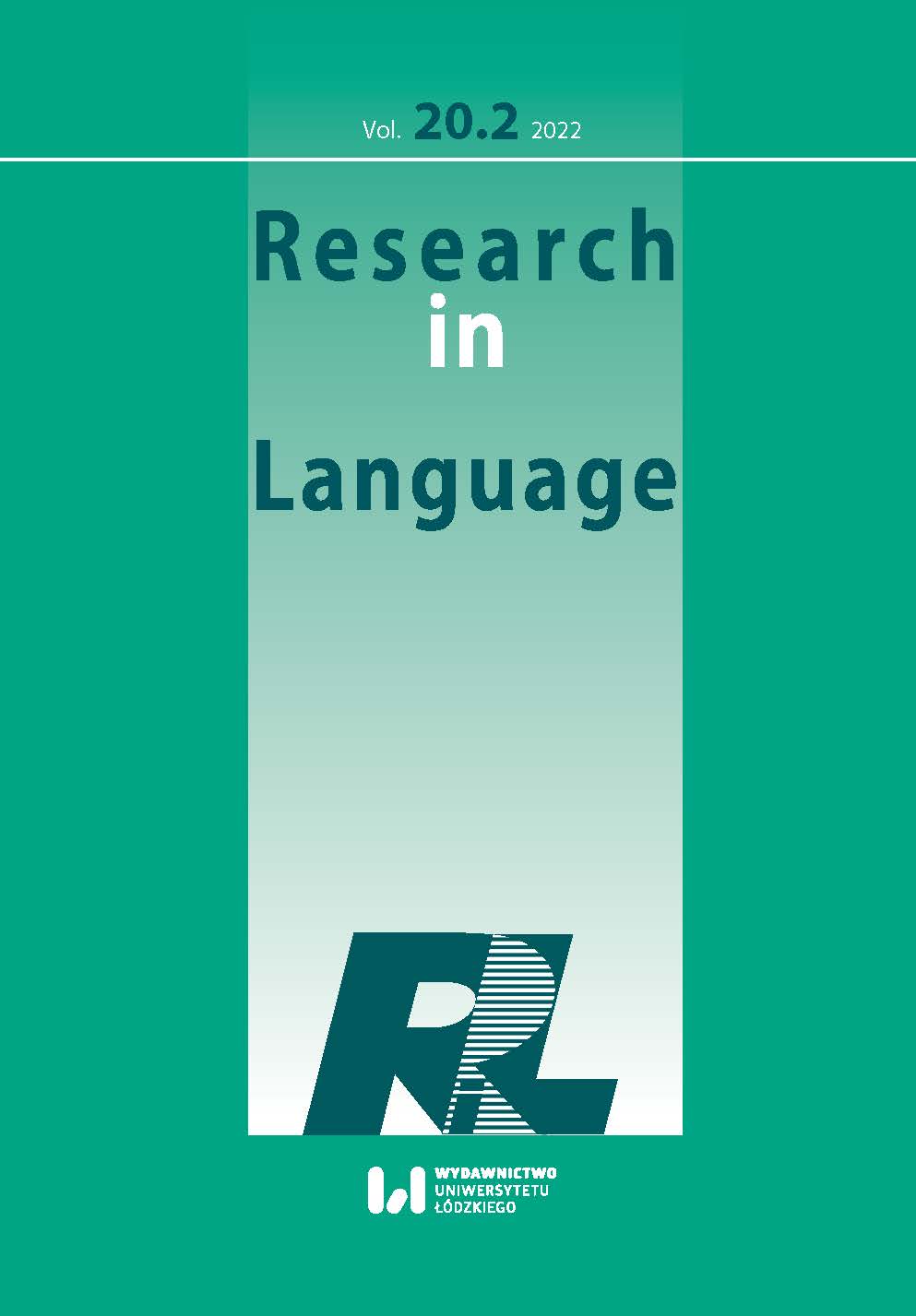More Harm than Good: Why Dictionaries Using Orthographic Transcription Instead of the IPA Should Be Handled with Care
More Harm than Good: Why Dictionaries Using Orthographic Transcription Instead of the IPA Should Be Handled with Care
Author(s): Agnieszka Bryła-CruzSubject(s): Foreign languages learning, Phonetics / Phonology
Published by: Wydawnictwo Uniwersytetu Łódzkiego
Keywords: phonetic transcription; dictionaries; the International Phonetic Alphabet; orthographic spelling; pronunciation practice;
Summary/Abstract: The aim of the present paper is to shed more light on using L1 (Polish) orthographic spelling to represent the pronunciation of English words in English-Polish dictionaries (e.g. journey /dżerni/, ship /szyp/) and discuss multiple drawbacks of this practice. While there are numerous advantages of using the International Phonetic Alphabet (IPA) in foreign language teaching, some Polish lexicographers insist on, what they call, a “simplified” phonetic transcription. In my paper I conduct an overview of three English-Polish dictionaries which use orthographic transcription instead of the IPA and exemplify inevitable confusion and serious problems they present the learner with. The analysis reveals that orthographic transcription intensifies interference between L1 and L2 and contributes to the fossilization of the most persistent mispronunciations stemming from phonetic transfer. Inconsistent and inaccurate transcription prevents learners from spotting patterns and rules (such as e.g. non-rhoticity, vowel reduction, silent letters, etc.). It is argued that relying on ordinary spelling rather than the IPA is a short-sighted alternative which presents more problems than solutions.
Journal: Research in Language (RiL)
- Issue Year: 20/2022
- Issue No: 2
- Page Range: 133-152
- Page Count: 20
- Language: English

